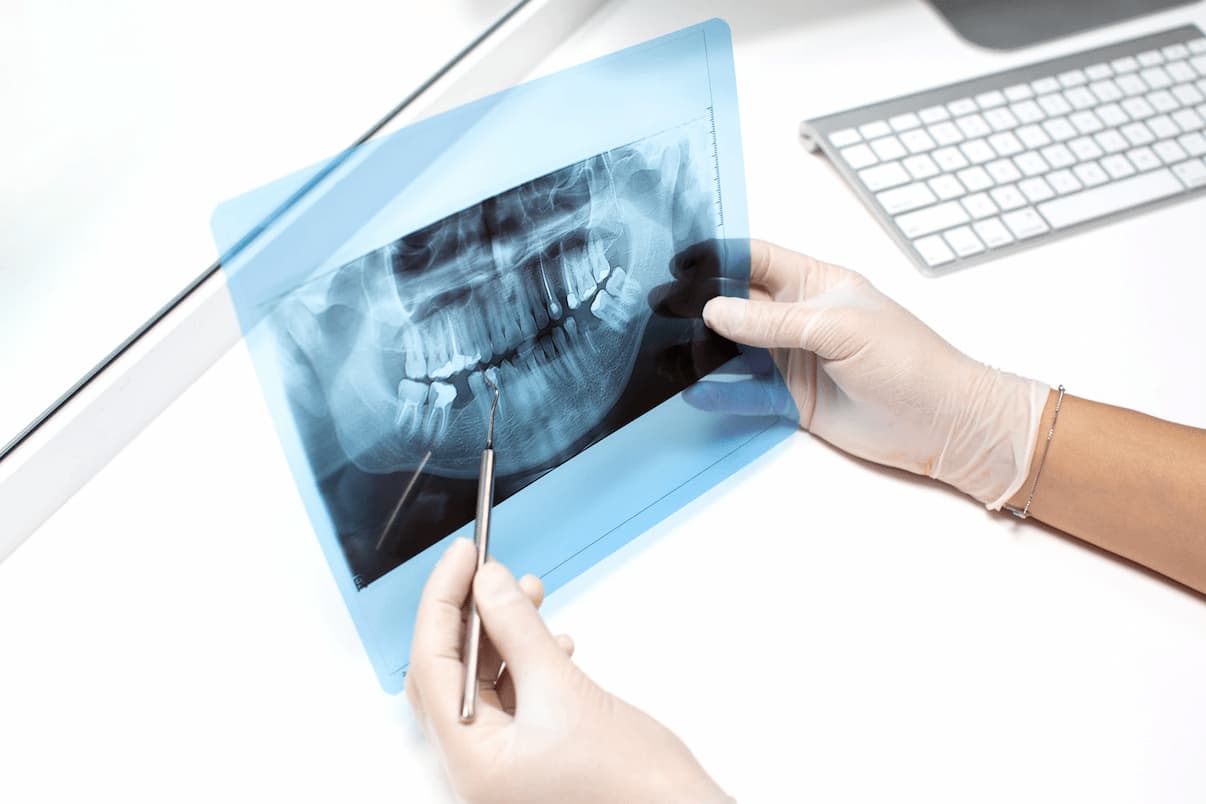Submit Request ...
-
Forums
What is Oligodontia

What is Oligodontia?
If your missing teeth are due to a disease or a special trait you were born with, you may have Oligodontia.
Dental agenesis is a term that refers to those who are born without one or more teeth. According to the oral and dental health group, this is the most common congenital disease in humans. Oligodontia is a special type of agenesis that causes you to be born without six or more teeth (not including wisdom teeth).
The causes of missing teeth from birth are:
- Genetic syndromes
- Hereditary features unrelated to genetic syndrome (non-syndromic)
- Viral infection during pregnancy
- Metabolic disorder
- Exposure to radiation
- Tumors (benign and cancerous)
Tooth loss not only affects your appearance, but it can also affect your ability to chew and your overall oral health. These missing teeth can cause a decrease in the size of your alveolar process, a decrease in facial height, and other problems with tooth development.
Genetic causes
Your genetics have an incredible influence on your health and development. If one or both of your parents have a genetic disorder or mutation, there is no guarantee that you will develop the same disease.
The genetic causes are different, Oligodontia is caused by both genetic syndromes and inherited family traits. Certain conditions and genes that change your other growth processes can also affect the development of your teeth.
Associated health conditions may include:
- Hypohidrotic ectoderm dysplasia (HED)
- odonto-onico-dermal dysplasia (OODD)
- Shoup-Scholz-Passarge syndrome (SSPS)
- Genes related to the development of Oligodontia are:
- MSX1
- PAX9
- LTBP3
- WNT10A
- EDA
- EDARADD
- IKBKG
There is no way to detect mutations in these genes unless you receive genetic screening, sequencing, or a professional diagnosis.
Associated risks and complications
Since oligodontia has various underlying causes, the manifestations may vary from person to person. Some experience little or no symptoms, while others experience difficulty speaking and chewing or changes in their facial appearance.
Some people with Oligodontia are more likely to develop cancer, a condition known as Oligodontia predisposition syndrome. This risk is associated with mutations in the AXIN2 gene. This condition may increase your chances of developing gastrointestinal polyps, colon cancer, and breast cancer. Early detection and treatment of cancer is important, but remember that not everyone who experiences oligodontia is at increased risk for cancer. If you think you have Oligodontia, it's a good idea to make an appointment with your dentist or doctor so they can begin treating you with their expertise.
Treatment of Oligodontia
Replacing congenitally missing teeth can be challenging, but fortunately, you have dental professionals at your disposal, including orthodontists, oral surgeons, periodontists, and prosthodontists.
There is no one-size-fits-all solution for Oligodontia, as the causes can vary widely. The alveolar process that attaches to the root of your tooth may be underdeveloped and require bone grafting. If your bite is misaligned, you may benefit from an orthodontic solution such as braces.
Alternative options for missing teeth include:
- Dental implants
- Fixed bridges
- partial denture
Oligodontia alone can be difficult to assess and manage. It is important to make an appointment with your dentist or doctor to discuss your unique case as it can be associated with other conditions and health risks. By studying this condition and its causes, you have done a great job of preparing yourself.
Please let us know what you think!
خیلی مطلب آموزنده و خوبی بود ممنون از مطالب خوبتون
آرش